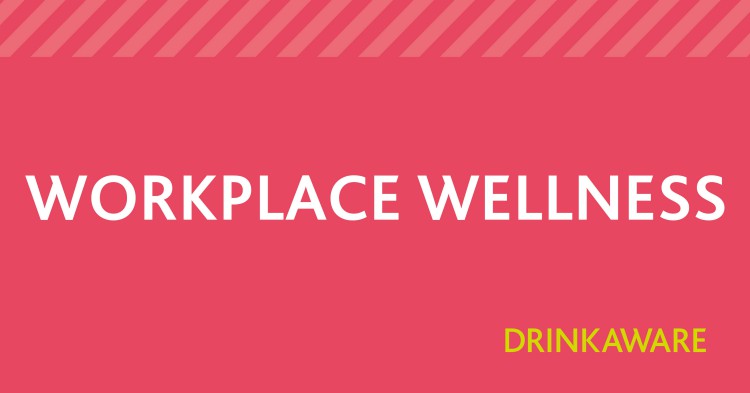One of the reasons some of us drink alcohol is to alter our mood or change our mental state, so it stands to reason that alcohol can affect our mental health in a range of different ways. While alcohol can temporarily appear to ease feelings of stress or depression, over time the opposite effect may occur. With the 2019 Pfizer Health Index finding that 16% of Irish people reporting suffering from depression or anxiety related conditions, the relationship between alcohol and mental health is important to consider. Workplaces are becoming increasingly aware of mental health as a concern, with a recent report stating that one in five employees had taken time off work due to mental health problems in the past year.
Evidence shows that people who drink heavily are more prone to depression. Alcohol effects the chemistry of the brain, lowering the levels of serotonin in the brain, which can lead to depressive symptoms. Drinking to improve mood can lead to more serious problems, as well as preventing us from dealing with existing problems in a healthier way.
https://www.drinkaware.ie/wp-content/uploads/2020/11/Drinkaware-Alcohol-and-Mental-Health-Booklet.pdfDownload our booklet on alcohol and mental health
The Drinkaware Index 2019 found that many Irish adults are drinking for reasons associated with emotional wellbeing. The data shows that 50% of drinkers drink for ‘coping reasons’, while 42% said that at least half their drinking is driven by the need to cheer themselves up or relieve stress. And when we look at the younger age group (25-34s), this increses to 58% reporting that they drink for coping reasons.Coping reasons cited include:
- to cheer you up when you are in a bad mood or stressed;
- to forget about your problems; and
- it helps you when you feel depressed or anxious.
There are several concerns with this behaviour. Firstly, turning to alcohol as a coping mechanism can become self-perpetuating. Using alcohol to relieve anxiety can change the physiology of the brain and lead to depletion of neurotransmitters which are necessary to control anxiety. This means that the person needs more alcohol to deal with their anxiety and the cycle will continue. Secondly, while the first drink may lead to a positive feeling, alcohol acts as a depressant and feelings of anxiety and depression may actually increase.
So, maybe it’s time to consider if your drinking is affecting your mental health? Here are some questions to ask yourself:
- Am I drinking to change my mood?
- How is my mood the day after drinking?
- Is my drinking effecting my relationships with family/friends/colleagues?
If you feel you would like to reach out for support on this, see the Support section of our website for details of national organisations who can help.
HOW CAN WE HELP YOUR WORKPLACE?
Drinkaware’s evidence-informed workplace wellness options include workshops, webinars, health promotion resources and staffed information stand (when Covid-19 restrictions allow). We know that every business is different. Talk to us today about creating a bespoke package for your organisation.


